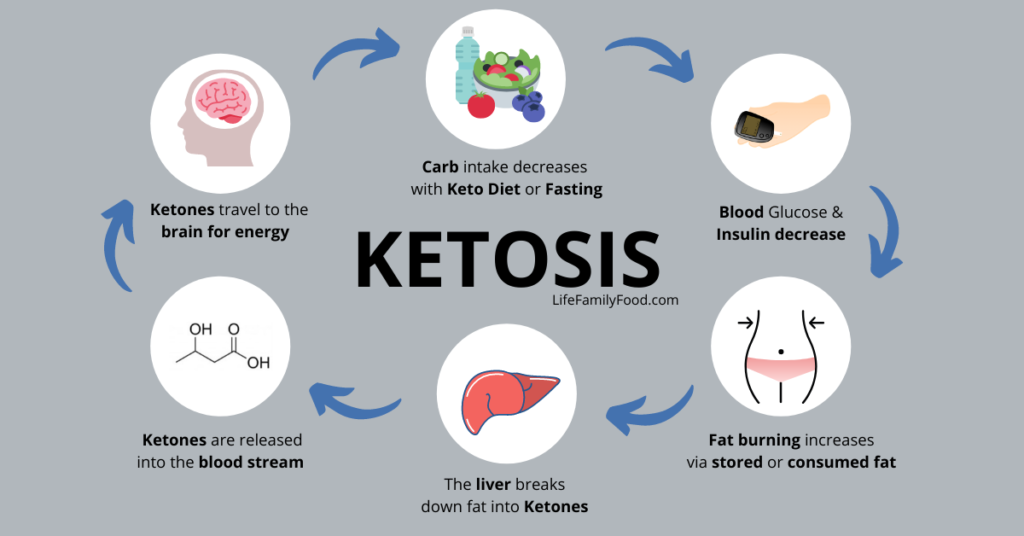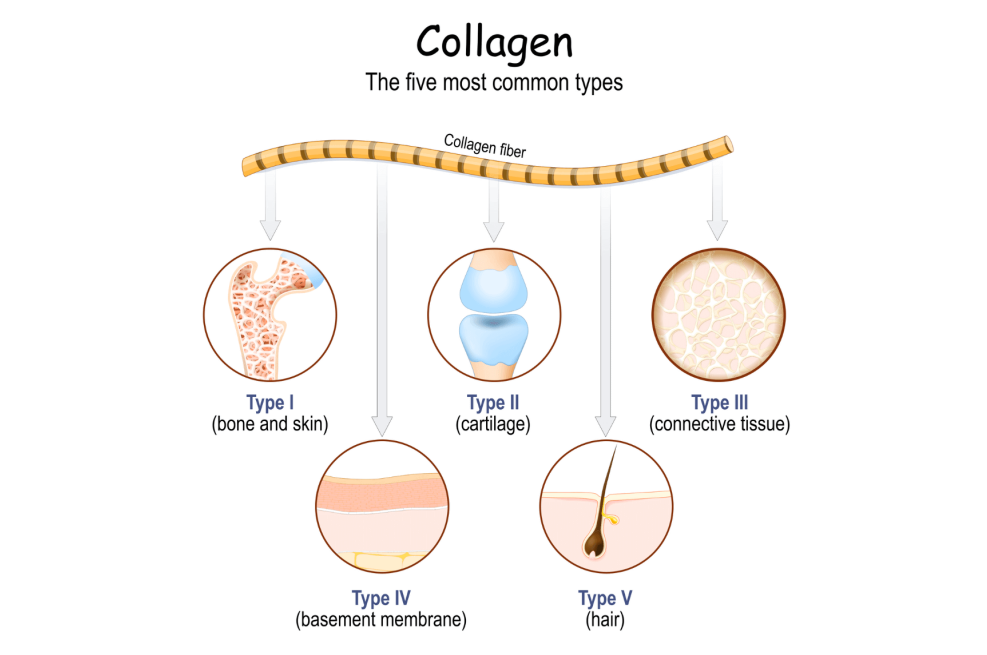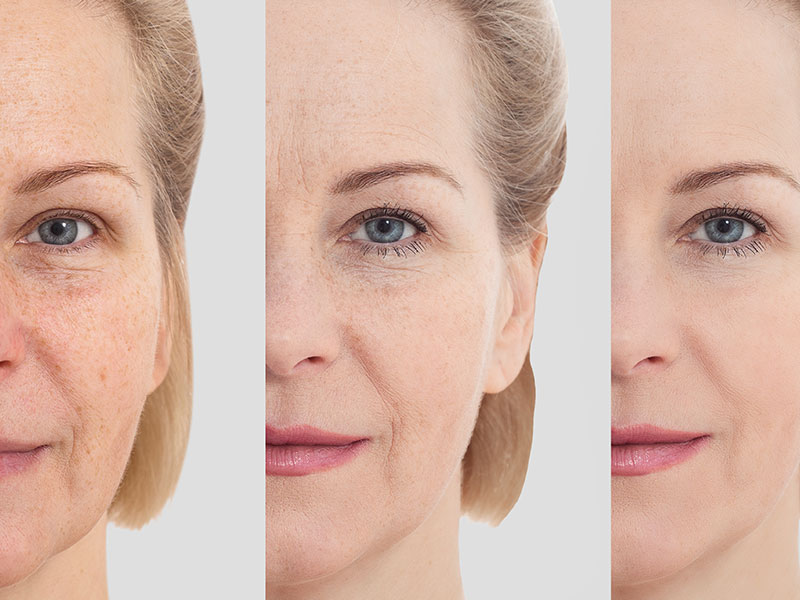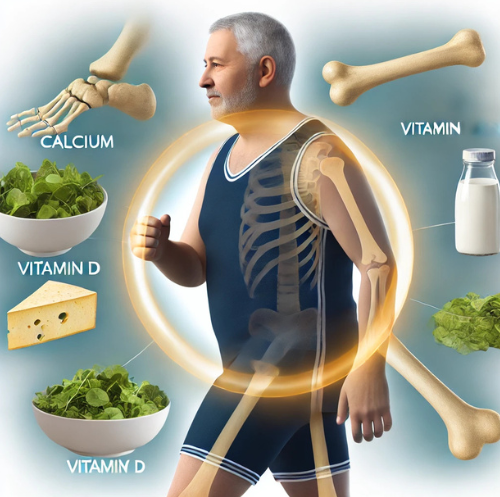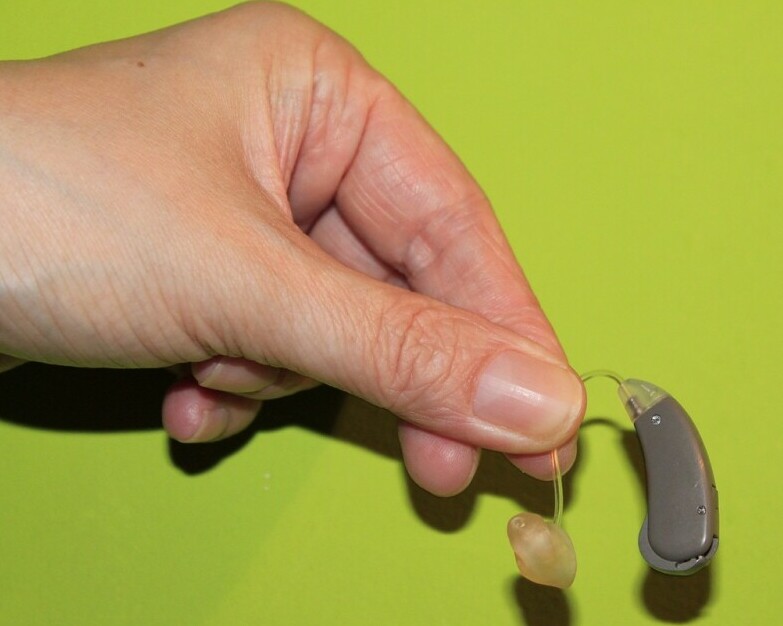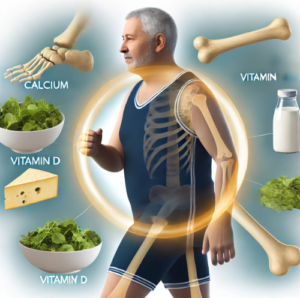I’m often asked about the science of fasting and how it’s linked to living longer. Fasting isn’t new; it’s been around for centuries, interwoven into the fabric of various cultures and traditions for its spiritual and health benefits. This section will lay the groundwork, giving you a glimpse into historical contexts, present-day research, and how this all ties into the pursuit of longevity.
Historically, fasting was more than just a method to control caloric intake; it was a practice rich in cultural and spiritual significance. From the fasting rituals of Ancient Greece to the religious observances in major world religions, the act of abstaining from food has always carried more weight than its physical implications.

But what does modern science say about fasting and longevity? Research is accumulating, and I’m here to piece that puzzle together for you. The studies I’ll discuss are not just from random sources. I’m talking about peer-reviewed, authoritative research. That’s because trust is my top priority. In this conversation, it’s my job to ensure you get content that’s not only compelling but thoroughly investigated and grounded in the latest scientific findings.
The discussion that follows doesn’t just scratch the surface. Expect to explore the inner workings of your body under the fasting effect, the potential health benefits, and the recommended approaches based on science – all explained in a straightforward manner. By the end of this article, the complex interplay between fasting, autophagy, genetic pathways, and metabolism will no longer be a mystery. Let’s begin by looking at the fine details of what happens at the microscopic level in your body during fasting.
Exploring the Biological Mechanisms Behind Fasting
The interest in fasting as a tool for enhancing longevity isn’t just a fad; it’s grounded in science. I’ll take you through some of the biological processes at play. When you skip meals for a planned period, your body isn’t just biding time until the next feast; it’s actively engaging in a cellular clean-up process known as autophagy. Autophagy, derived from the Greek words for ‘self’ and ‘eating,’ is your body’s way of removing damaged cells and generating new ones. Scientific understanding suggests that enhanced autophagy may be one of the pathways through which fasting could extend lifespan.

Fasting also appears to tinker with our genetic dashboard. Researchers have identified specific genes associated with aging and longevity that are affected by dietary habits. Fasting can influence the expression of these genes, potentially ‘slowing down’ the aging process. It’s almost as if fasting sends a signal to your body’s control center to switch to ‘maintenance mode,’ optimizing its operations for better performance and longevity.
Another key player in the fasting game in terms of biological benefits is induced ketosis. When the body runs out of carbohydrates to burn for energy, it shifts to burning fat and produces ketones. This state, ketosis, is not just a popular weight-loss strategy; it has been shown to have several health benefits, including improved brain function and reduced inflammation. Ketones themselves also exhibit protective effects, including enhancing the brain’s resilience to stress.
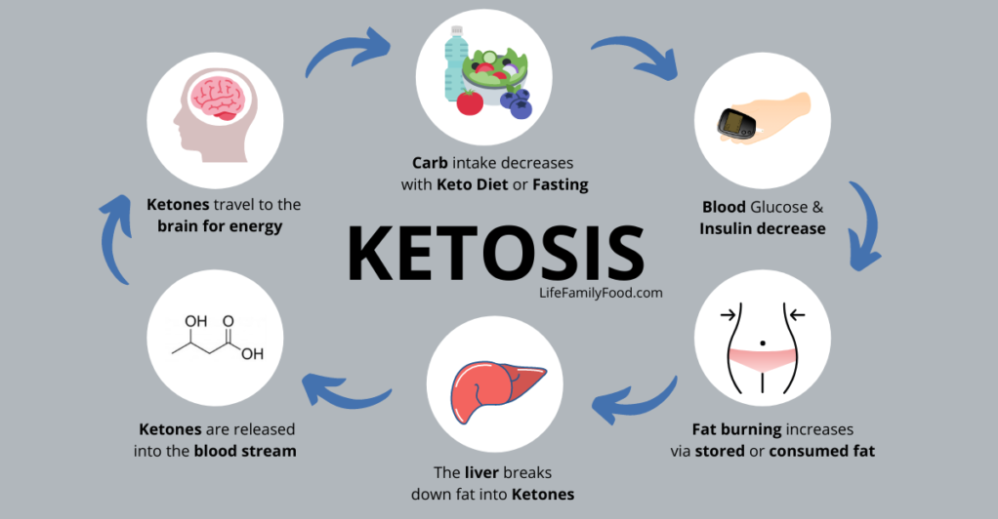
It’s important to distinguish between knowledge derived from animal studies and human trials. A lot has been learned from the former, but it’s the latter that provides us with more direct evidence about the effects of fasting on human longevity. Although the research is still in its early stages, the results are promising. By understanding both, we gain a fuller picture of fasting’s potential impact on health.
Knowing all this sets the stage for a deeper conversation about people who have woven fasting into their lives. Not just in controlled studies, but in the chaotic, unpredictable realm of everyday existence.
The Human Experience: Personal Stories and Clinical Trials
I’ve heard stories from many individuals about their fasting experiences. Some talk about feeling rejuvenated; others say it’s transformed their health. Personal anecdotes add depth to our understanding of fasting, and while they aren’t scientific proof, they provide a real-world context that’s valuable.
But beyond individual stories, extensive research studies lend credibility to the potential health benefits of fasting. Clinical trials, especially those conducted over longer periods, give us concrete evidence of how fasting may influence longevity.
One landmark study to note followed participants over several years to monitor the effects of calorie restriction on aging. Results showed that those who followed a calorie-restricted diet experienced significant improvements in health markers related to aging. These findings play a pivotal role in shaping how we view the relationship between fasting, calorie intake, and lifespan.
Furthermore, research also sheds light on the specific effects of fasting in different populations. Age, genetics, lifestyle, and underlying health conditions all influence how one’s body reacts to fasting. Therefore, the fasting approach should be as individual as the person adopting it.
While personal experiences and clinical trials both point towards the benefits of fasting for longevity, it’s crucial to frame them properly. I ensure the narratives I share uphold the principles of experience, expertise, authoritativeness, and trust. It’s about striking a balance: valuing the authenticity of personal stories while also grounding discussions in rigorously conducted scientific research.
Resources For Your Fasting Journey
Books:
- Author: Dr. Valter Longo
- Rating: 4.6 stars
Understanding the intricate relationship between diet, fasting, and longevity is crucial for those looking to age gracefully. Dr. Valter Longo’s book explores the cutting-edge science behind fasting and its impact on stem cell activation and regeneration. It combines theoretical insights with practical dietary guidelines, making it an invaluable resource for anyone interested in using fasting as a tool to fight disease, slow aging, and maintain optimal weight.
- Authors: Dr. Jason Fung, Eve Mayer, and Megan Ramos
- Rating: 4.5 stars
Intermittent fasting can be a transformative lifestyle change, but integrating it into daily routines requires guidance and support. Co-authored by Dr. Jason Fung, this book provides practical advice on how to make intermittent fasting a sustainable part of life. It addresses common challenges and offers strategies to overcome them, emphasizing the benefits of weight loss and improved health. This makes it an excellent guide for those seeking a long-term approach to fasting.
Supplements:
Electrolyte Powder by Key Nutrients
- Rating: 4.7 stars
During fasting, maintaining electrolyte balance is critical to prevent dehydration and sustain energy levels. This electrolyte powder, highly rated for its effectiveness, provides essential minerals like sodium, potassium, magnesium, and calcium. It’s sugar-free and easy to mix, making it a convenient solution for those looking to support their body during fasting periods.
Bulletproof Brain Octane C8 MCT Oil
- Rating: 4.6 stars
MCT oil is an excellent supplement for those practicing fasting, as it provides a quick source of energy and supports ketosis. The Bulletproof Brain Octane C8 MCT Oil, derived from pure coconut oil, can be added to coffee or smoothies, enhancing cognitive function and sustaining energy without breaking the fast. It’s particularly beneficial for maintaining mental clarity and focus during fasting.
Navigating the Fasting Journey for Your Health
Fasting is not a one-size-fits-all solution. Your body is unique, and how it responds to fasting will be unique too. It’s essential to consider personal health history and goals when exploring fasting as a path to longevity.
Different fasting methods range from intermittent fasting, which involves cycles of eating and fasting periods, to more extended periods like the 5:2 diet or even extended fasting. Finding the right fit is crucial for both safety and effectiveness.
Before embirthing on any fasting regimen, consulting with a healthcare provider is KEY. They can provide guidance based on your health status and ensure that your fasting journey is both safe and beneficial.
It’s also important to pair fasting with a balanced diet, adequate hydration, and regular physical activity. These components work synergistically to enhance overall health and support longevity.
As fasting gains traction in the scientific community, emerging research will undoubtedly shed more light on its role in promoting a long and healthy life. Stay tuned to reliable sources for updates to make informed decisions about incorporating fasting into your lifestyle.
In conclusion, fasting holds potential as a tool for health and longevity, but it’s important to personalize the approach. Pay close attention to your body’s signals, and be prepared to adjust the plan as needed. Remember, the journey to health is personal, and fasting is just one pathway among many.
Disclaimer: All the content on this site is for informational purposes only, does not constitute medical advice, and does not establish any kind of patient-client relationship by your use of this website. I am not a health care professional. The information, including but not limited to text, graphics, images and other material contained on this website are for informational purposes only. No material on this site is intended to be a substitute for professional medical advice, diagnosis, or treatment. Before starting any new regimen, supplement, diet, or program, it is crucial to consult with a healthcare professional to ensure it is safe and suitable for your individual health needs and circumstances. Here’s a little transparency: This website also contains affiliate links. This means if you click and make a purchase, we may receive a small commission. Don’t worry, there’s no extra cost to you. It’s a simple way you can support our mission to bring you quality content.


